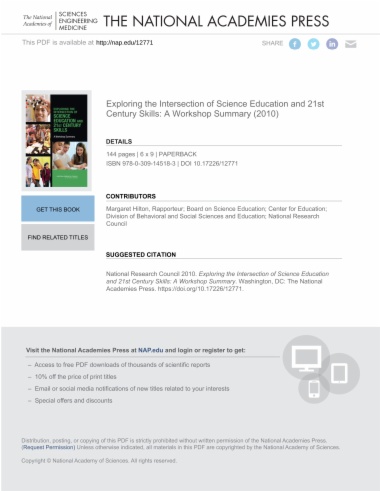This book examines the role of the papacy and the crusade in the religious life of the late twelfth through late thirteenth centuries and beyond. Throughout the book, the contributors ask several important questions. Was Innocent III more theologian than lawyer-pope and how did his personal experience of earlier crusade campaigns inform his own vigorous promotion of the crusades? How did the outlook and policy of Honorius III differ from that of Innocent III in crucial areas including the promotion of multiple crusades (including the Fifth Crusade and the crusade of William of Montferrat) and how were both pope’s mindsets manifested in writings associated with them? What kind of men did Honorius III and Innocent III select to promote their plans for reform and crusade? How did the laity make their own mark on the crusade through participation in the peace movements which were so crucial to the stability in Europe essential for enabling crusaders to fulfill their vows abroad and through joining in the liturgical processions and prayers deemed essential for divine favor at home and abroad? Further essays explore the commemoration of crusade campaigns through the deliberate construction of physical and literary paths of remembrance. Yet while the enemy was often constructed in a deliberately polarizing fashion, did confessional differences really determine the way in which Latin crusaders and their descendants interacted with the Muslim world or did a more pragmatic position of ‘rough tolerance’ shape mundane activities including trade agreements and treaties?
- Cover
- Contents
- Abbreviations
- Introduction / Jessalynn Bird
- Part I. Peace, Crusading, and the Religious Life
- 1. Lay Initiative in the Early Peace of God Movement, 980–1020 / Mary S. Skinner
- 2. The Sermons of Pope Honorius III / Iben Fonnesberg-Schmidt
- 3. Preambles to Crusading: the arengae of Crusade letters issued by Innocent III and Honorius III / Thomas W. Smith
- Part II. Crusades and the Islamic World
- 4. Tolerance for the Armies of Antichrist: life on the frontiers of twelfth-century Outremer / Jay Rubenstein
- 5. Pisan Migration Patterns along Twelfth Century Eastern Mediterranean Trade Routes / Matthew E. Parker
- 6. Innocent III and the Beginning of the Fourth Crusade / Edward Peters
- 7. The Preacher and the Pope: Jacques de Vitry and Honorius III at the time of the Fifth Crusade (1216–27) / Jan Vandeburie
- 8. Rogations, Litanies, and Crusade Preaching: the liturgical front in the late twelfth and early thirteenth centuries / Jessalynn Bird
- 9. The Stones of Damietta: remembering the Fifth Crusade / Megan Cassidy-Welch
- 10. Pro Deo et Amore Marchionis: Honorius III, William VI of Montferrat, and the Fifth Crusade in Greece / Ben Halliburton
- 11. Tribute, Islamic Law, and Diplomacy: the legal background to the Tunis Crusade of 1270 / Michael Lower
- Index

